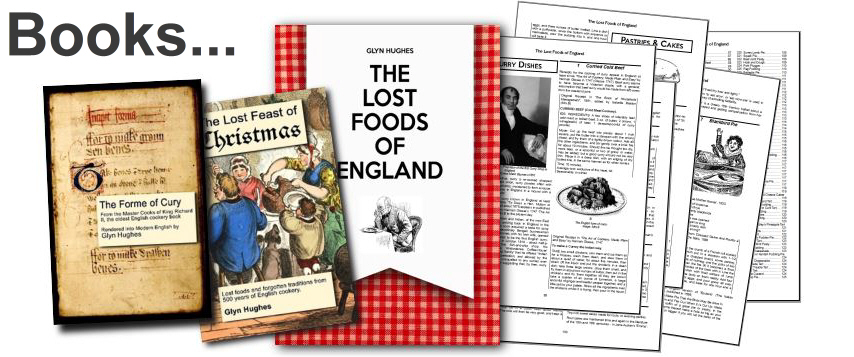

|
 Very fine milled husk-free mustard flour, produced by a process developed c1720 by Mrs. Clements of Durham, and favoured by King George I. Although now lost, this is probably identical to the dry mustard flour of today, in contrast to the crushed whole grain mustard used earlier in England and still commonplace elsewhere in Europe (Mrs.B)  Durham Mustard, too Powerful for Italian Capers, or the Opera in an Uproar George Cruikshank, 1790  Original Receipt in 'The Book of Household Management', 1861, edited by Isabella Beeton (See Mrs.B) Original Receipt in 'The Book of Household Management', 1861, edited by Isabella Beeton (See Mrs.B)MUSTARD. - Before the year 1729, mustard was not known at English tables. About that time an old woman, of the name of Clements, residing in Durham, began to grind the seed in a mill, and to pass the flour through several processes necessary to free the seed from its husks. She kept her secret for many years to herself, during which she sold large quantities of mustard throughout the country, but especially in London. Here it was introduced to the royal table, when it received the approval of George I. From the circumstance of Mrs. Clements being a resident at Durham, it obtained the name of Durham mustard. In the county of that name it is still principally cultivated, and the plant is remarkable for the rapidity of its growth. It is the best stimulant employed to impart strength to the digestive organs, and even in its previously coarsely-pounded state, had a high reputation with our ancestors. Search all of Foods of England for more about Mustard...  |
|
MORE FROM Foods of England... Cookbooks ● Diary ● Index ● Magic Menu ● Random ● Really English? ● Timeline ● Donate ● English Service ● Food Map of England ● Lost Foods ● Accompaniments ● Biscuits ● Breads ● Cakes and Scones ● Cheeses ● Classic Meals ● Curry Dishes ● Dairy ● Drinks ● Egg Dishes ● Fish ● Fruit ● Fruits & Vegetables ● Game & Offal ● Meat & Meat Dishes ● Pastries and Pies ● Pot Meals ● Poultry ● Preserves & Jams ● Puddings & Sweets ● Sauces and Spicery ● Sausages ● Scones ● Soups ● Sweets and Toffee ● About ... ● Bookshop ● Email: editor@foodsofengland.co.uk COPYRIGHT and ALL RIGHTS RESERVED: © Glyn Hughes 2022 BUILT WITH WHIMBERRY |